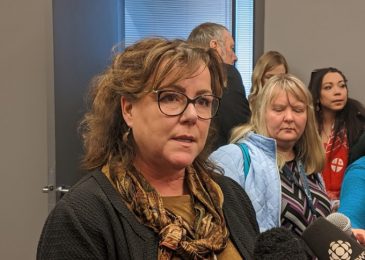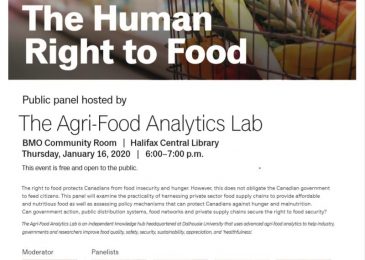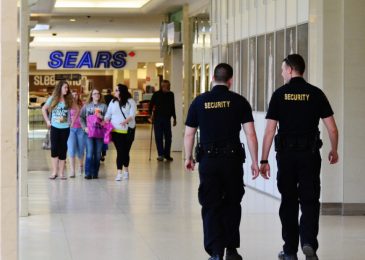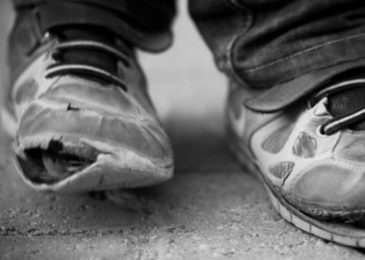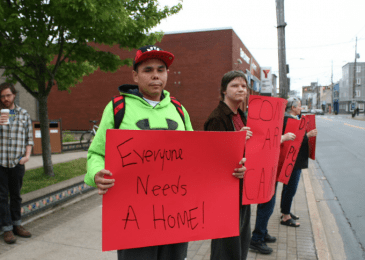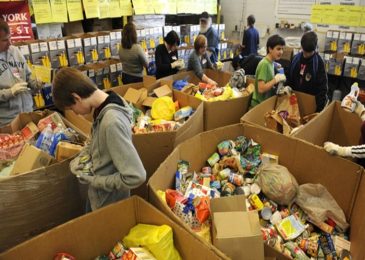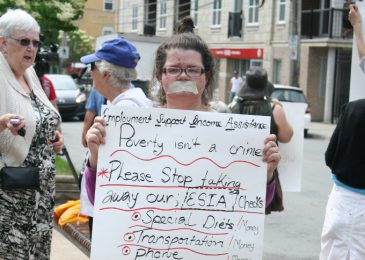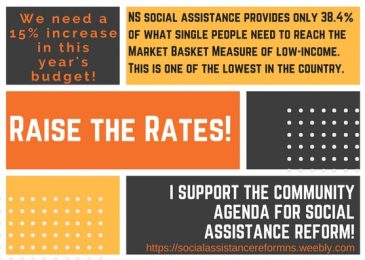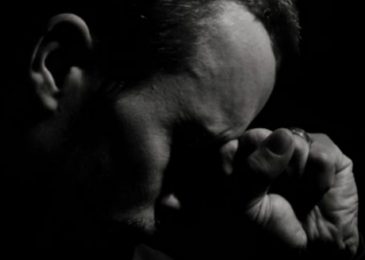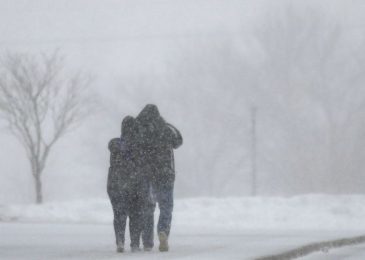In the midst of a housing crisis it’s business as usual for Housing Nova Scotia
There is a severe housing crisis in Halifax and many other Nova Scotia towns. As in most any crisis, it’s painful for everybody, but the very poor, and especially also the racialized poor, are bearing the brunt. However, when you listen to Housing Nova Scotia senior bureaucrats at yesterday’s Community Services Standing Committee you do not get a sense of urgency.

